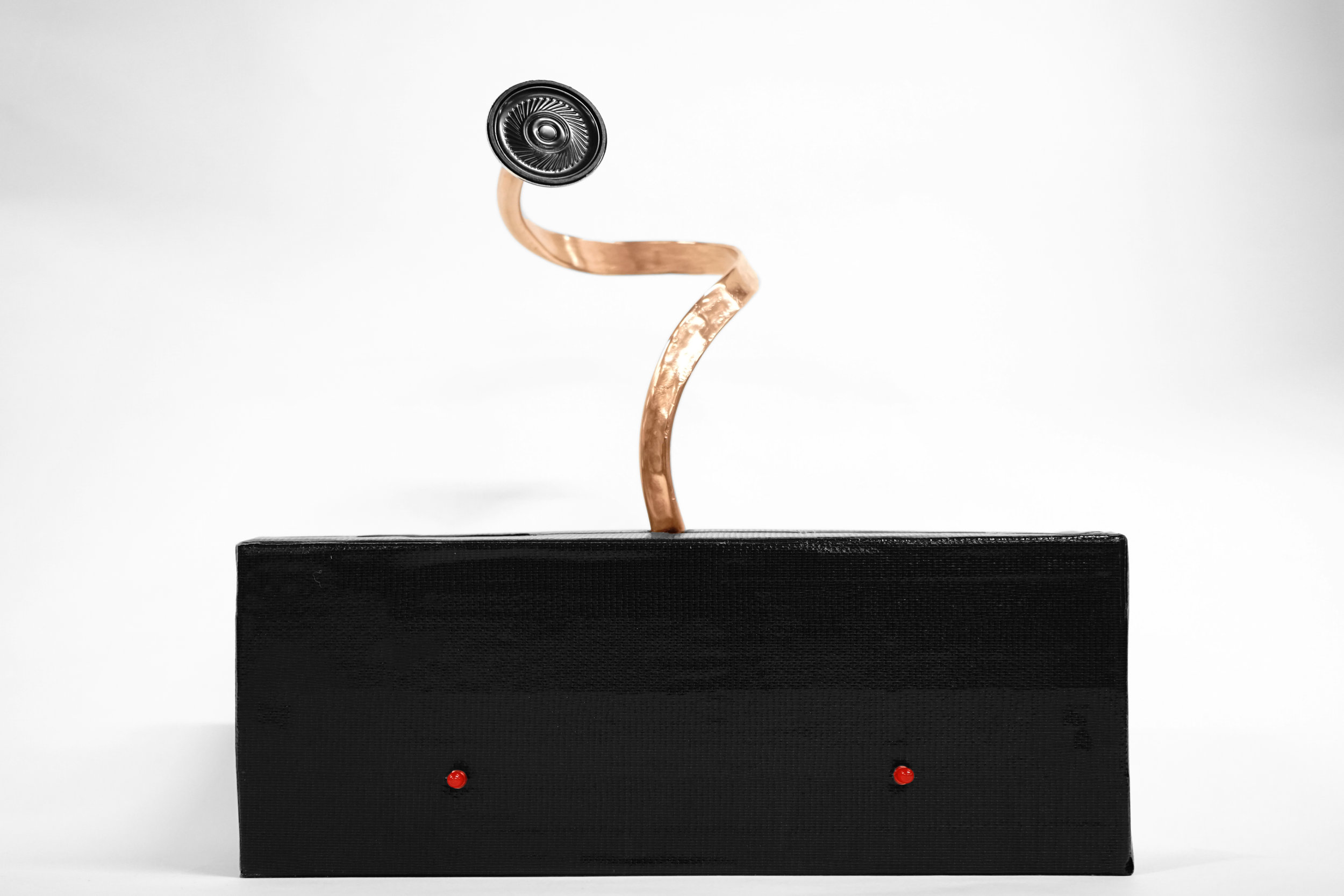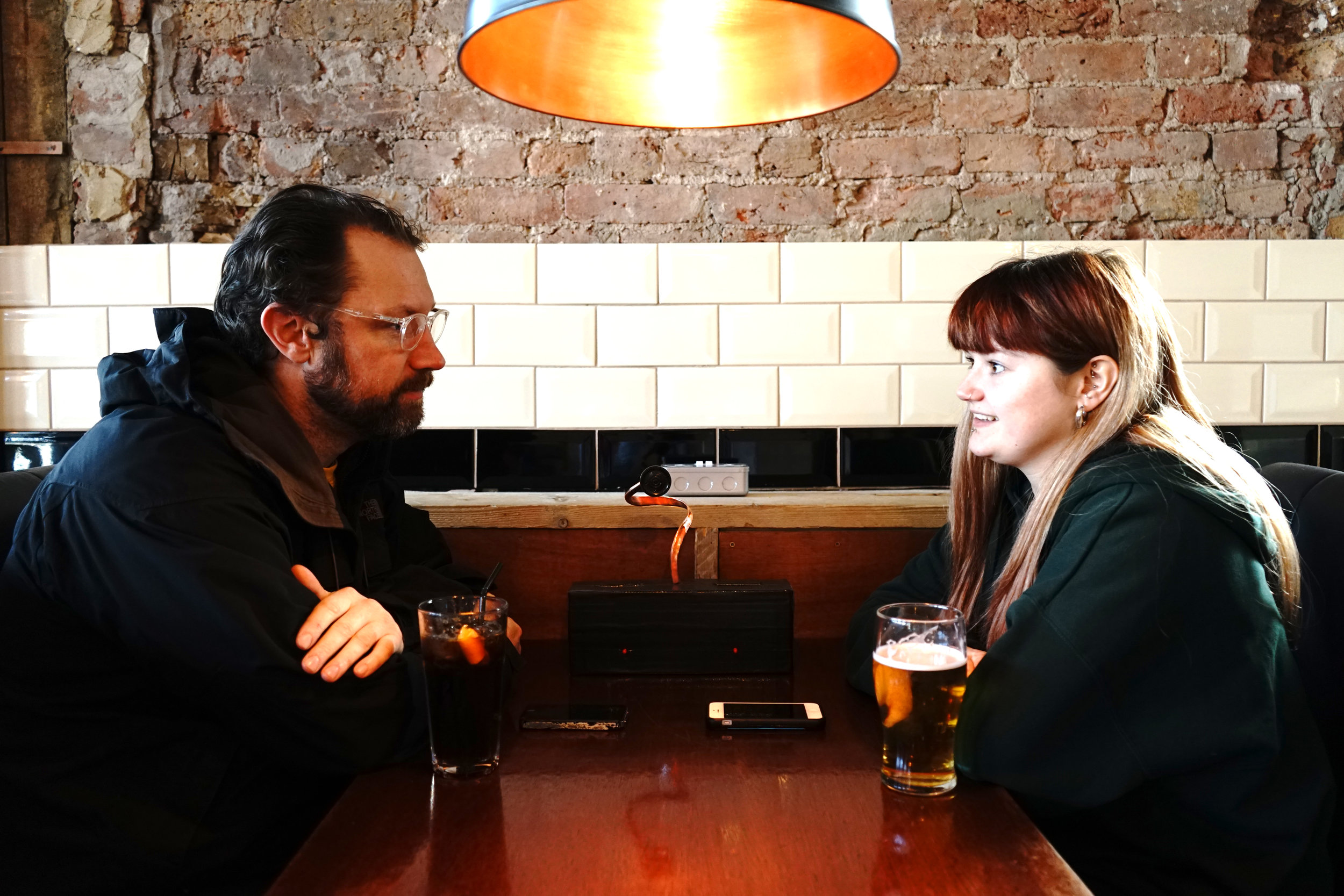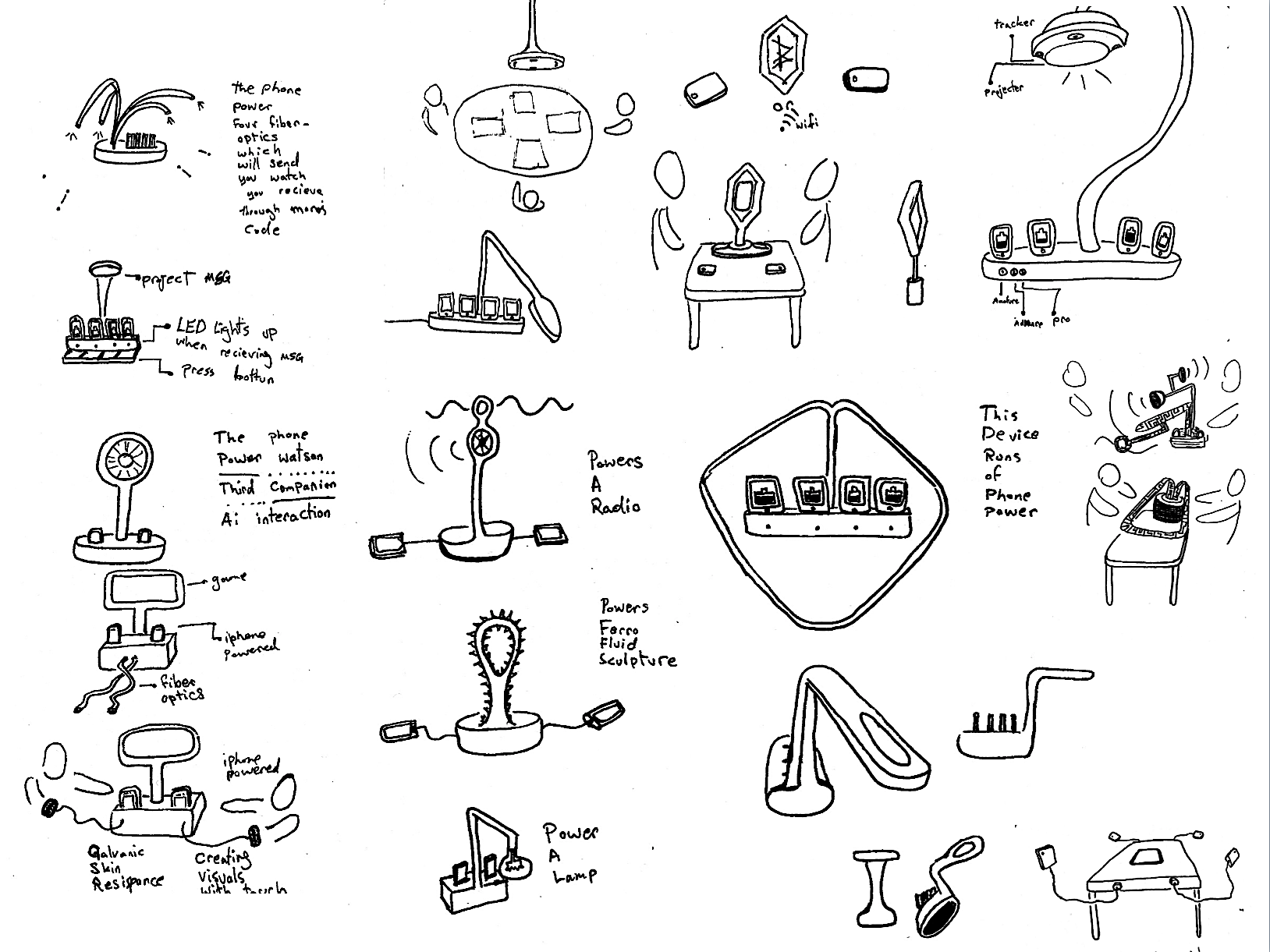Democratic Design Space
Democratic Design Space is the first independent studio focused on designing products to construct the means of debate. We form a collective of designers, engineers and scientists, working to explore computer interactions to develop a critical understanding of how electronics can shape our overall human experience. Our aim is to prepare the general public for the changes we are going to face in the coming years.
We collaborate with external experts to gather a database of forethought and concern. Found in our forums, these debates provide engaging arguments_ for and against a potential commodity. Using this, we urge the public to make their own decisions on whether these futures can be considered as eminent improvements.
We treat the topic of our interest with a neutral manner to provide them with a balanced argument. Our ultimate goal is to use the knowledge from the experts who we collaborate with, to lay the foundation for public to debate the topic. We are always looking for TV and Radio programs to collaborate with. You can visit us at DemocraticDesign.Space
Madeleine
Madeleine is the first product of Democratic Design Space. A studio which makes product not to sell as community but to invite experts for a debate. The topic of this one was memory enhancement.
Sometimes we show more interest in capturing the moment rather than fully embracing it. What if we could do both at the same time? What if the more we embraced the moment the better we could capture it? Inspired by the ‘Tongue Display Unit’_ an invention made by Paul Bach-y-Rita for his concept of sensory substitution_ ‘Madeleine’ was designed to use your sense of touch to trigger your memory, in the same way a sound, song, taste, or smell can help you to remember. Using live streams of data from your heart-rate and galvanic skin response, the device creates a unique sensation based on your state. Over time you will begin to associate what you sense to a state of emotion. In other words it sends you mood notification by using electrodes to gently draw patterns on your tongue. That is not to say it makes you feel the emotional state but simply to replay a sensation associated with something meaningful.
By registering patterns of vibrations to your muscle memory, Madeleine aims to provide an alternative concept for how we view a recording device (e.g. camera or audio recorder). It allows you to preserve a memory, through capturing the sensation of the moment and playing it back. Based on encoding specificity principle, the device helps you to remember by giving you information regarding how you felt and what you sensed when the memory was being shaped. So hopefully the next time you are trying to remember something, it would be on the tip of your tongue.
The encoding specificity principle of memory (Tulving & Thomson, 1973) provides an general theoretical framework for understanding how contextual information affects memory. Specifically, the principle states that memory is improved when information available at encoding is also available at retrieval.
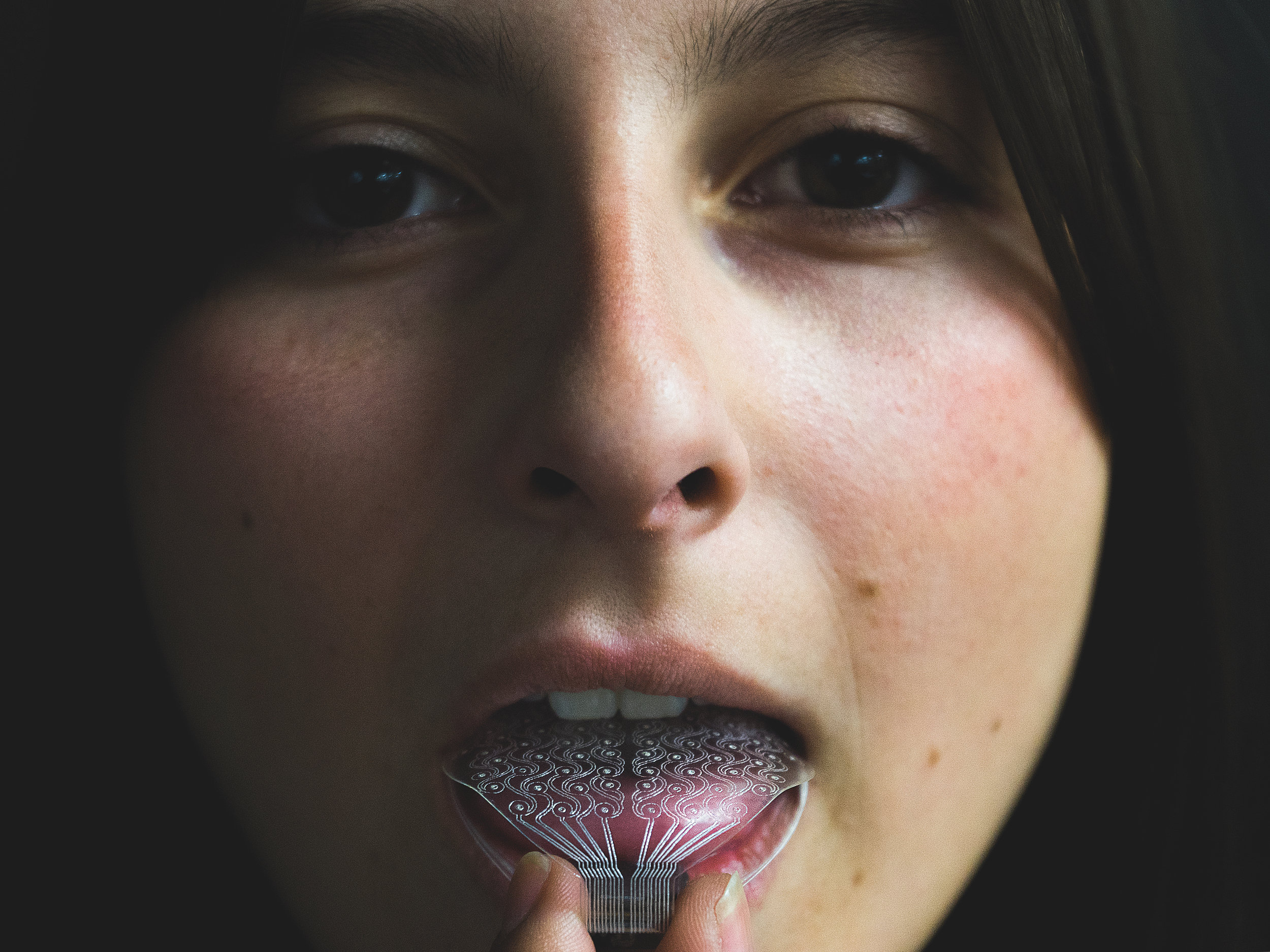
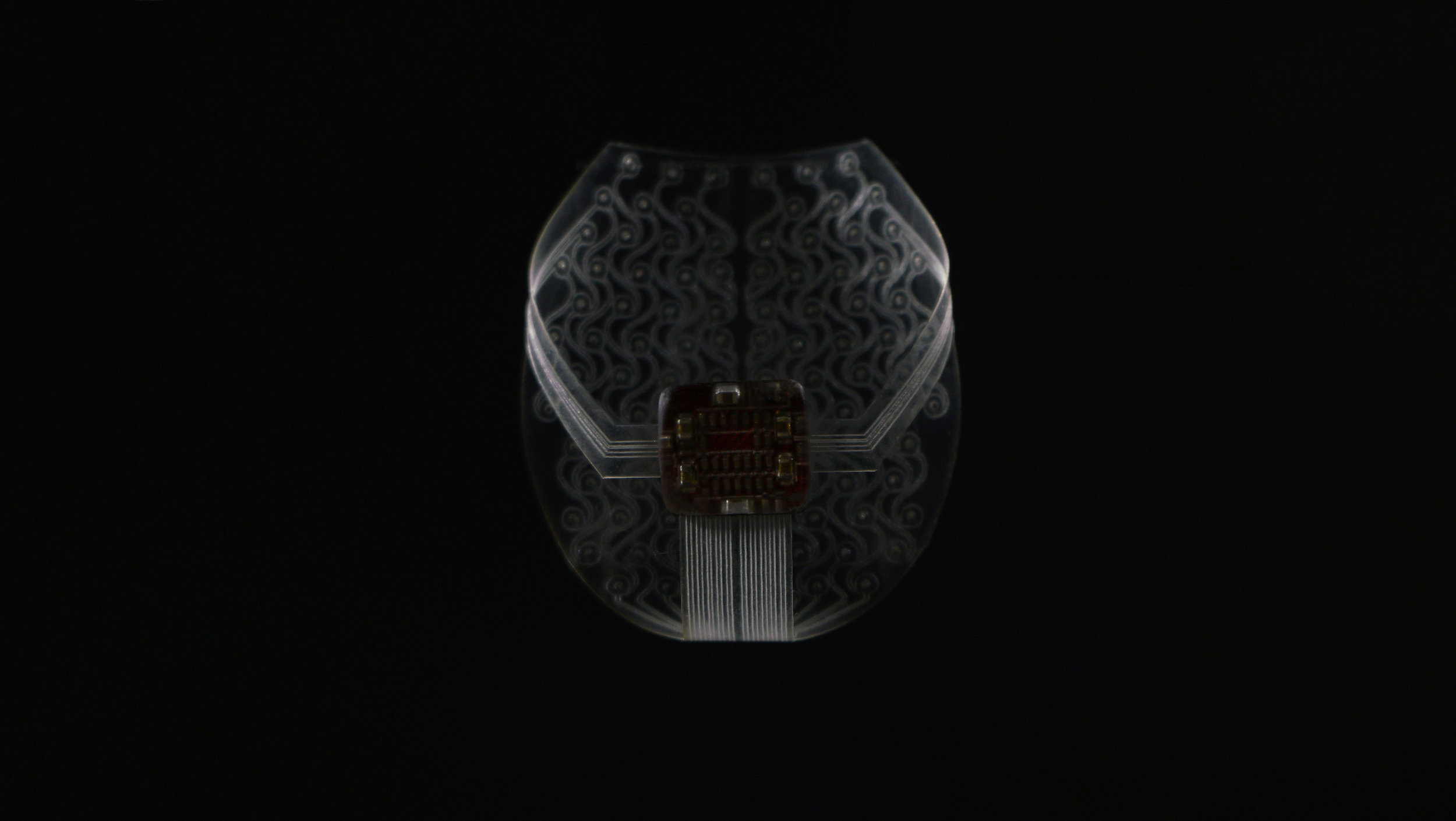
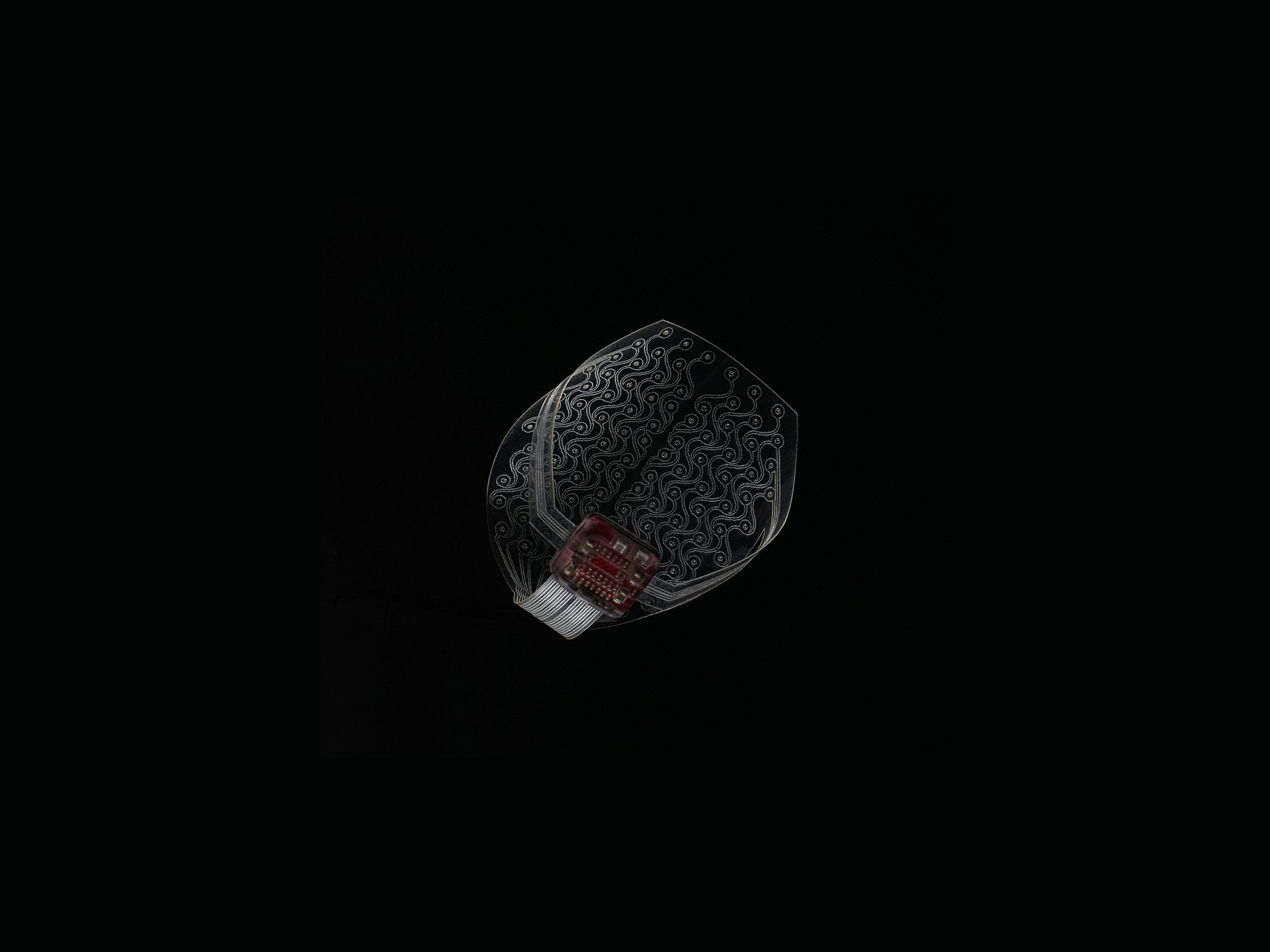
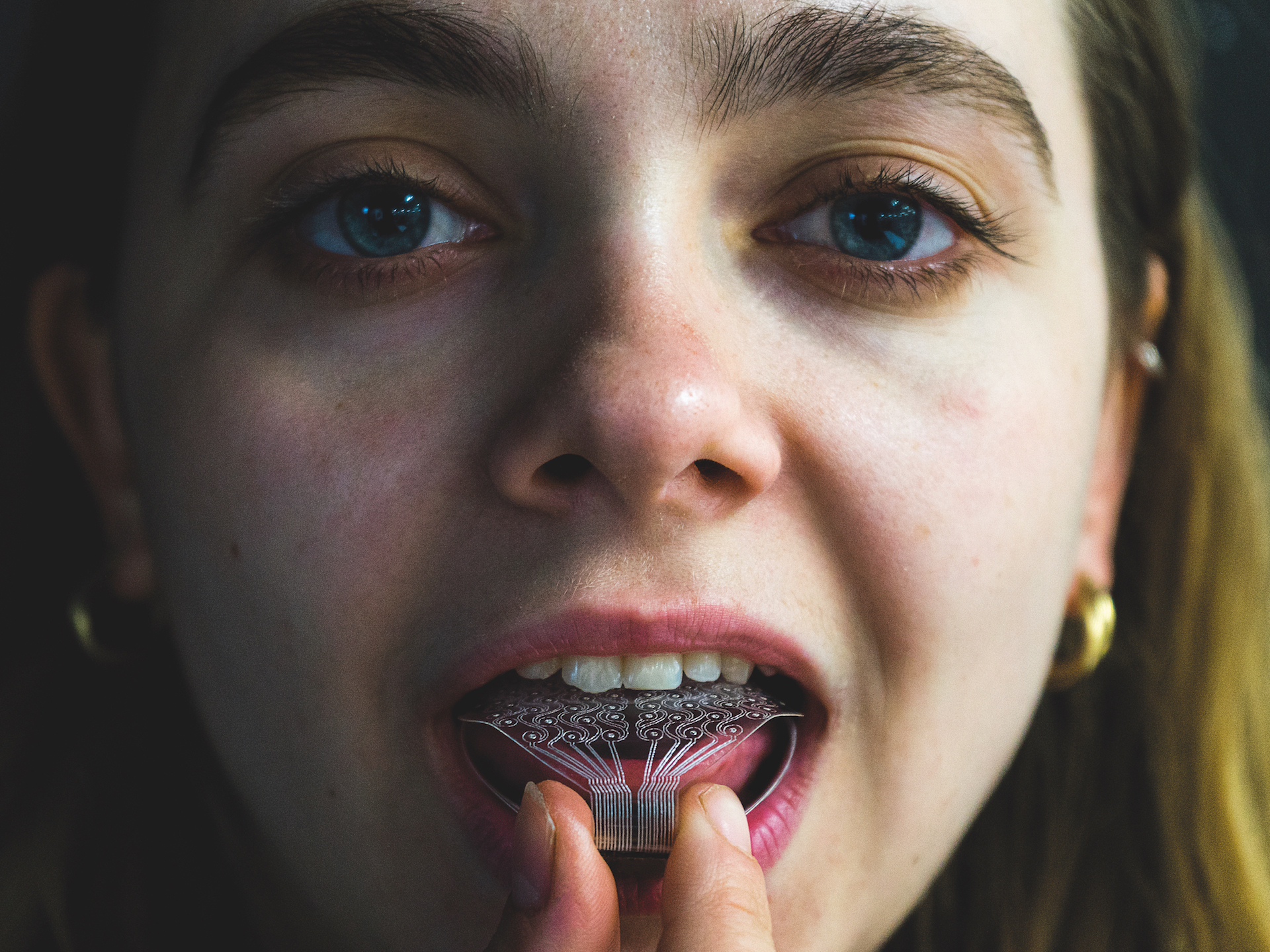
Interviews
Interviews conducted with experts imagining applications and implications of memory enhancement
Steve Keirl, Design and Technology curriculum theorist
Nick Grimmer Research Ethics
Andrew Bremner Professor of Psychology
Jess Perriam Social Studies of Science and Technology
Dr. Ricardo Leizaola Visual Anthropology and Ethnobotany
Georgia-Aristi Floridou Experimental Psychology
Smart Companion
I thought of a series of artefacts that can sit in the pub, restaurant or the coffee shops. They can only be powered by your mobile phone. Using its battery and its processing power, they can offer games and entertainment. I settled on this one which I called the 3rd companion. Could this help to bring people together by taking their phone away? It uses your battery to power itself and listens for awkward silence and fills the gaps in the conversation by saying something related to the topic or something about its owner’s activity in that day.
